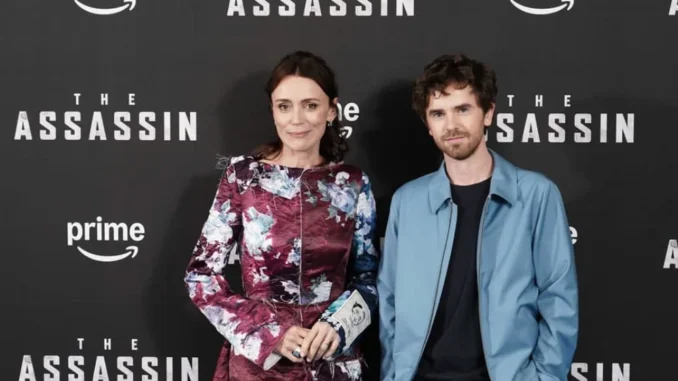
In the early episodes of The Good Doctor, Dr. Shaun Murphy was a quiet observer — a man of few words, armed with brilliant intellect but limited by social boundaries. Fast-forward several seasons, and Freddie Highmore has transformed Shaun into one of television’s most emotionally complex and deeply human characters. His journey is not just about mastering medicine; it’s about mastering the art of connection.
What sets Shaun apart is how his story blurs the line between medical drama and emotional odyssey. Each episode presents a new challenge — a rare case, a difficult diagnosis, or an ethical dilemma — but beneath the surface, the real story is about Shaun learning to understand people. His autism and savant syndrome are not just plot devices; they are integral to his identity, shaping how he experiences empathy, love, and loss. Highmore’s nuanced portrayal ensures Shaun is never defined by his condition, but by his determination to grow within it.
Freddie Highmore approaches Shaun’s evolution with subtlety rather than spectacle. In earlier seasons, viewers watched him struggle with change — resisting mentorship, misreading emotions, and fearing intimacy. But as the seasons unfolded, Shaun’s humanity emerged in small, powerful moments: the way he comforts a grieving parent, admits his own mistakes, or simply learns to say “I love you” without fear. Each gesture, however small, carries enormous emotional weight because it’s earned through his vulnerability.
Shaun’s relationship with Lea Dilallo (Paige Spara) epitomizes this growth. Their story is not a fairytale romance but a study in patience, acceptance, and learning to coexist with each other’s imperfections. Highmore captures the tension and tenderness of Shaun’s love — his confusion over unspoken emotions, his fear of rejection, and his bravery in showing affection in his own way. Through Lea, Shaun doesn’t just experience love; he learns what it means to be loved for who he is, not despite it.
Beyond romance, Shaun’s mentorship of younger doctors has also marked his transformation. Once the student struggling to fit in, he now embodies the role of a leader — empathetic, methodical, and deeply moral. His ability to guide others while still questioning himself makes him one of the most relatable characters on television. Highmore’s performance ensures that Shaun’s authority never feels forced; it’s the natural outcome of resilience and growth.
The beauty of The Good Doctor lies in its refusal to present perfection. Shaun doesn’t “overcome” autism; he learns to live authentically with it. Highmore’s performance redefines success not as assimilation but as acceptance — a quiet revolution that has resonated with millions worldwide.
Freddie Highmore has achieved something extraordinary: he’s turned a procedural medical series into a study of the human condition. Shaun Murphy’s story reminds viewers that emotional intelligence comes in many forms — and sometimes, the most brilliant minds also have the biggest hearts. In every diagnosis, every awkward silence, and every breakthrough, we see not just a doctor, but a man discovering what it means to truly live.
